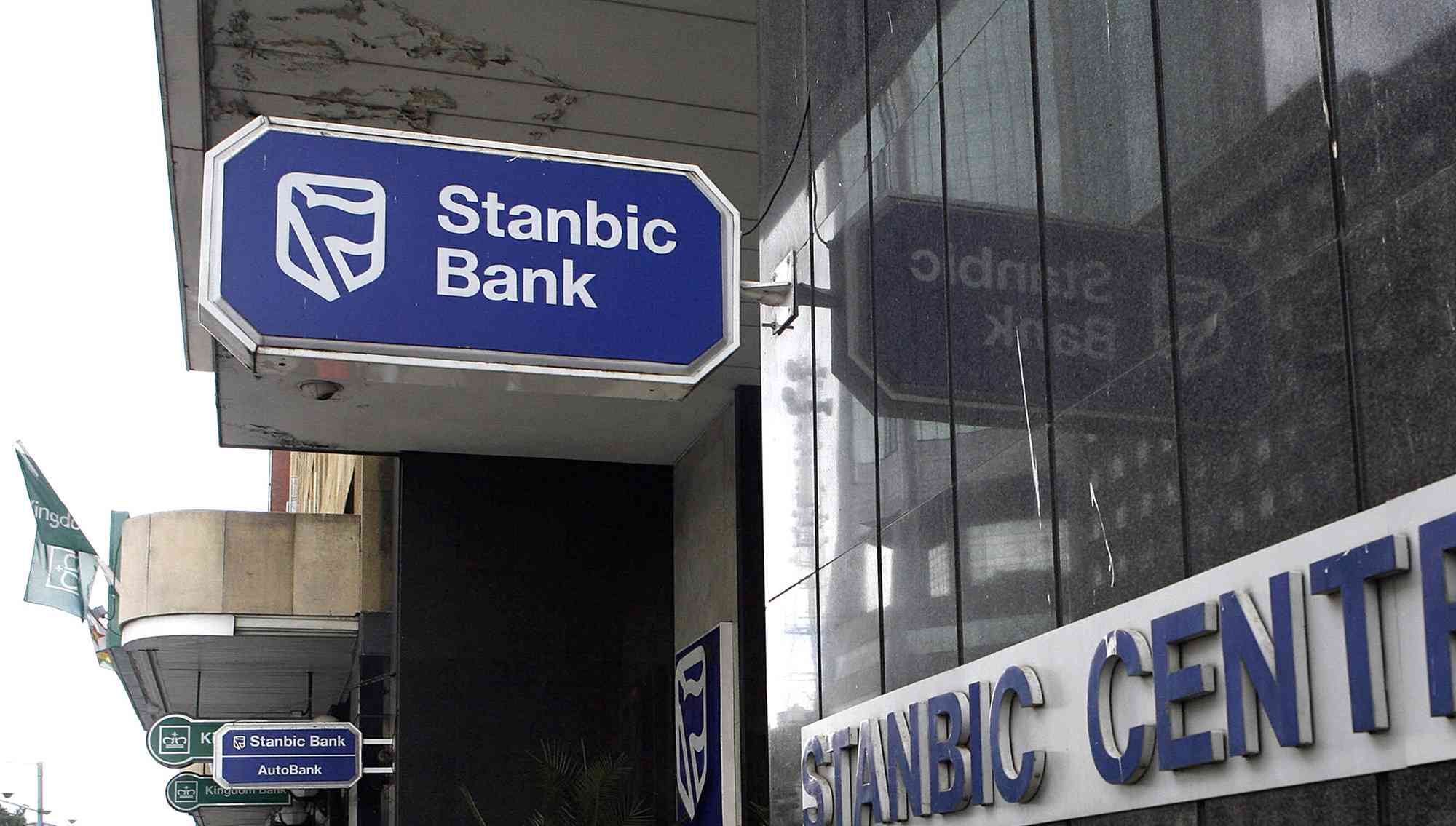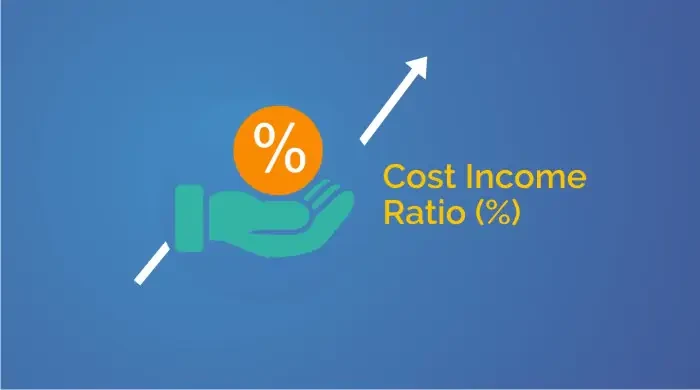
HAVANA — Most Cubans have not paid taxes for half a century, but that will change under a new code starting January 1.
Report by Reuters
The landmark regulations will change the relations of Cubans with their government and are a signal that market-oriented reforms, launched since President Raul Castro succeeded his brother, Fidel Castro, in 2008, are here to stay.
The recently published code constitutes the first comprehensive taxation in Cuba since the 1959 revolution abolished just about all taxes.
In the 1990s after the collapse of the Soviet Union, the country’s main benefactor, the Cuban government, imposed a few scattered taxes, but mostly preferred to maintain low wages so it could fund free social services.
The government’s free market reforms introduced over the last two years are designed to encourage small businesses, private farming and individual initiative, along with plans to pay state workers more. Under the new tax code, the state hopes to get its share of the proceeds.
The government also envisions replacing subsidies for all with targeted welfare, meaning that the largely tax-free life under a paternalistic government is on its way out.
“This radically changes the State’s relationship with the population and taxes become an irritating issue,” said Domingo Amuchastegui, a former Cuban intelligence analyst who lives in Miami and writes often about Cuba.
- Chamisa under fire over US$120K donation
- Mavhunga puts DeMbare into Chibuku quarterfinals
- Pension funds bet on Cabora Bassa oilfields
- Councils defy govt fire tender directive
Keep Reading
The new code covers 19 taxes, including such things as inheritance, environment, sales, transportation and farm land, various licence fees and three contributions including social security.
A sliding scale income tax — from 15% for earnings of more than 10 000 pesos (about $400) annually, to 50% for earnings of over 50 000 pesos, (about $2 000) — adopted in 1994, remains in the new code for the self-employed, small businesses and farms, but it also includes a series of new deductions to stimulate their work.
Tax deductions For example, farmers may deduct up to 70% of income as costs, and small businessmen, who are taxed by income not profit, up to 40%, plus various fees and secondary taxes they pay.
A labour tax of 20% will gradually be reduced to 5% by 2017 and small businesses with five employees or less are exempt.
Eventually, all workers will pay income taxes as well as a new 2% property tax, but both measures are suspended until “conditions permit” them to go into effect.











